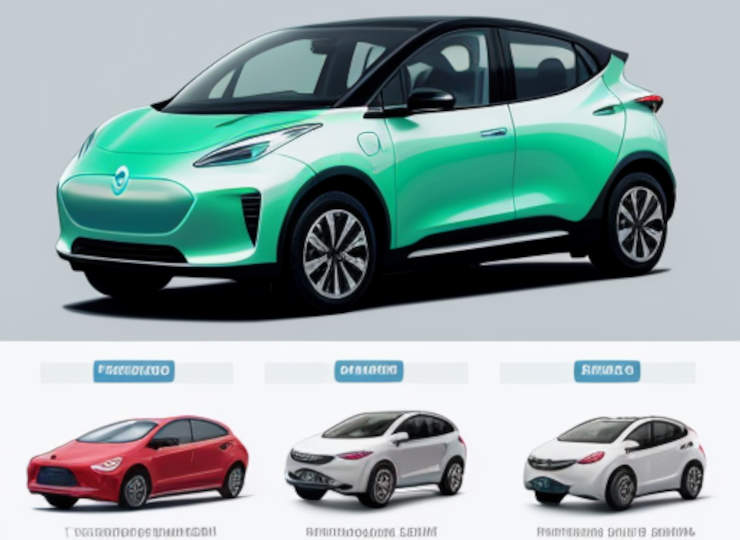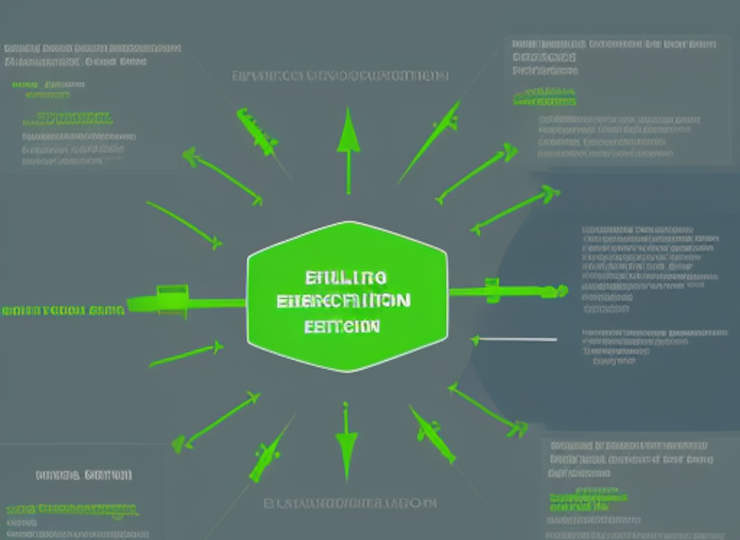文字のサイズ
- 小
- 中
- 大
Direction of electrification in the context of fuel diversification, including biofuels, CNG, hydrogen and e-Fuel.
The speed and direction of progress in electrification of mobility depends on the energy policy of each country, the resources possessed by a particular region and the market and industrial structure.


In motorcycles, major market countries such as India, Indonesia and Thailand have introduced policies to promote electrification. At the same time, policies promoting biofuels, CNG and hydrogen have also been introduced, and motorcycle manufacturers are moving to respond to these policies.
India is the world’s second largest sugarcane producer after Brazil, and has introduced E20, a bioethanol-blended fuel, from April 2023, and plans to make compressed biogas blending mandatory for vehicles and household gas from FY2025. Honda and local Indian motorcycle manufacturers plan to introduce E85-E100 compatible flex-fuel models around 2025, while local Bajaj Auto aims to launch the industry’s first CNG-compatible motorcycle around the same time.
Indonesia is aiming to move away from an economy dependent on primary commodities such as nickel, and is aiming to build a battery ecosystem that encompasses everything from nickel processing to battery production. To this end, it is focusing on developing a battery replacement system industry. The country is also considering a programme to blend bioethanol produced from sugarcane, maize and cassava with petrol.
In Thailand, the production of ethanol from sugarcane cane juice was banned in principle, but the ban was lifted in December 2022, and cassava-derived ethanol production is on the rise.






